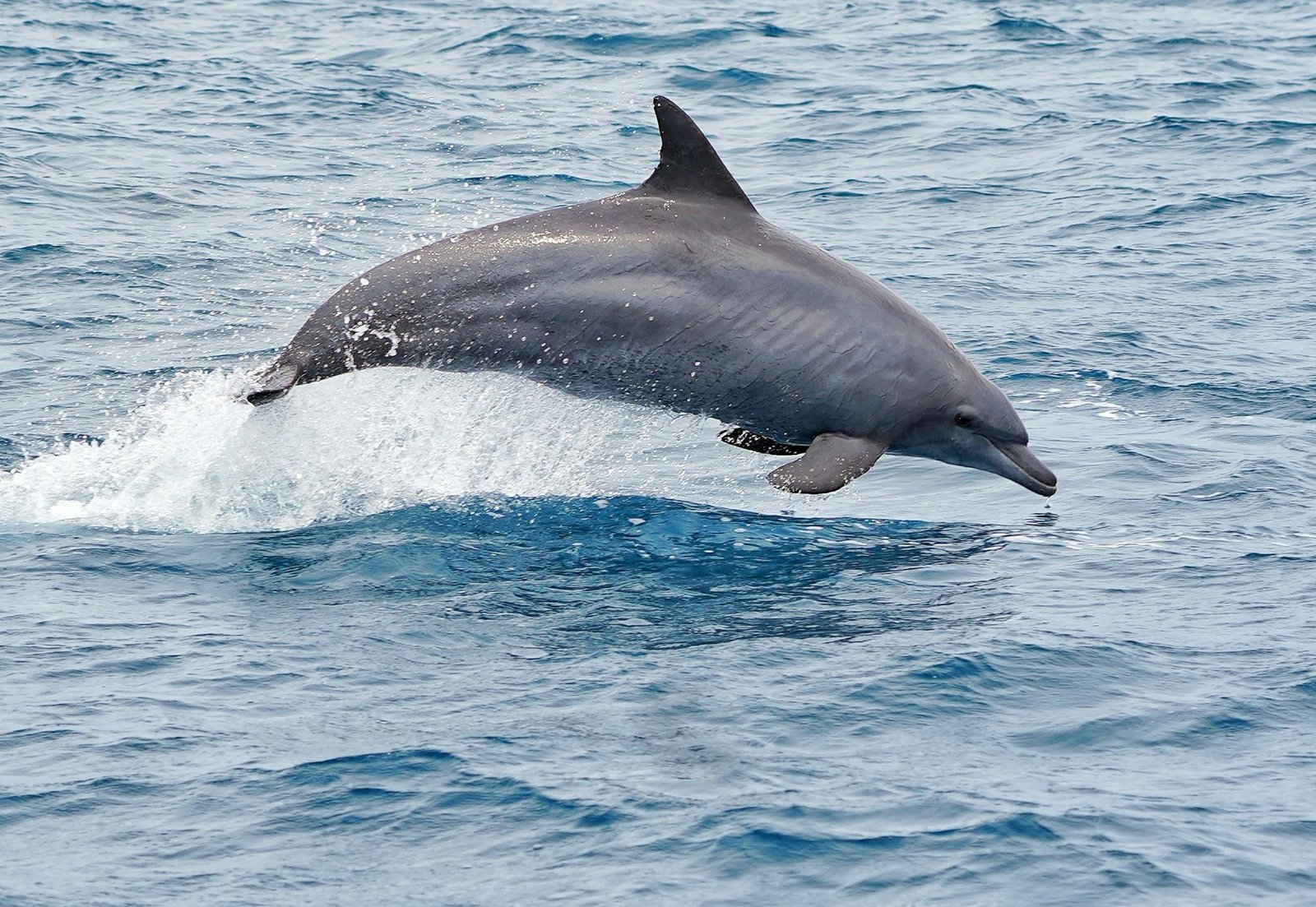Sunday, 1 February 2026

Tracking marine mammals, including whales and dolphins, capturing their sounds even from several kilometres away could be the next major development in India’s marine mammal research. A special session on marine mammal research held on the sidelines of the fourth International Symposium on Marine Ecosystem ‘MECOS4’ at ICAR-Central Marine Fisheries Research Institute (CMFRI) discussed the growing use of Passive Acoustic Monitoring (PAM), a sound-based technology to track marine mammals in an effective way.
Experts say that sound travels much faster and farther underwater than light, making acoustic monitoring an ideal tool to detect and study marine life even in challenging oceanic conditions. Unlike visual surveys that depend on clear weather and daylight, PAM offers round-the-clock monitoring across vast ocean stretches.
“The technology uses various systems such as bottom-mounted moorings, surface buoys, drifting buoys, towed arrays, and even acoustic tags attached to individual animals”, said Dr Divya Panicker of Ashoka University.
These devices capture underwater sounds produced by marine mammals, helping researchers determine their presence, abundance, and distribution patterns. By analysing these sound signals, scientists can even trace migration routes and behavioural patterns of species,” she said, adding that integrating Artificial Intelligence (AI) and Machine Learning (ML) could further enhance the accuracy of species identification and classification.
With India’s vast coastline and rich marine biodiversity, developing indigenous acoustic systems could revolutionize marine mammal conservation, the meet observed.
National Plan of Action for Marine Mammal Conservation
Amid growing concerns over a number of challenges faced by marine mammals along India’s coasts, the experts called for the formulation of a National Plan of Action for Marine Mammal Conservation to ensure long-term protection of these ecologically significant species.
The discussions also highlighted that CMFRI’s research on marine mammals recently helped India clear a major hurdle in seafood exports to the United States.
Dr A Bijukumar, Vice-Chancellor of Kerala University of Fisheries and Ocean Studies (KUFOS) who chaired the session said: “There is a need for a national multi-institutional marine mammal network to coordinate research, monitoring, and conservation activities across the country.
“India urgently needs a coordinated and well-funded conservation plan with defined roles for research institutions, enforcement agencies, and coastal communities,” said CMFRI Director Dr Grinson George. He underscored the importance of allowing qualified marine scientists and research institutes to handle stranded marine mammals and conduct autopsy (post-mortem examinations) to determine causes of death. Dr J Jayasankar, Dr E Vivekanandan, Dr Sijo Varghese, Dr Isha Bopardikar, Dr Joice V Thomas, Dr Prajith, Dr Frances Gulland, Dr Dipani Sutaria and Dr Ratheesh Kumar R spoke at the session.